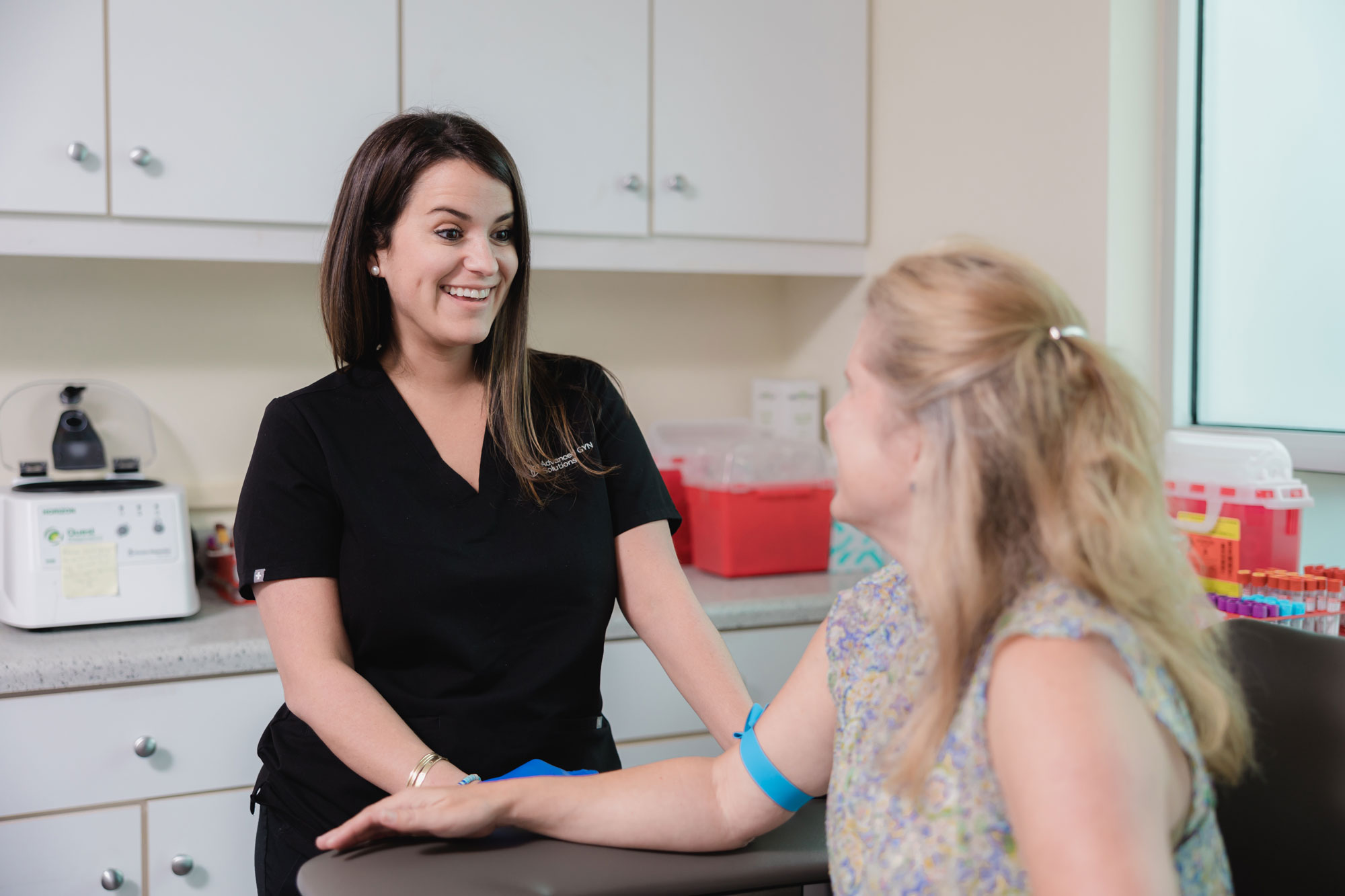Feel Your Best.
Exceptional Expertise;
Compassionate Care.
Advanced GYN Solutions is one of the most trusted medical practices in the Wilmington area, helping women of all ages regain and maintain their best gynecological and urinary health. Established in 2018 by G. Daniel Robison, IV, MD, FACOG, FPMRS, one of the region’s foremost experts in women’s health, his practice’s name conveys his reputation for expertise in handling many complicated cases that most other practices do not.
ABOUT PRIVIA WOMEN'S HEALTH
We’re proud members of Privia Women’s Health where we give caring for women the prominence it deserves. We take a thoroughly modern and holistic approach to women’s health. We know what women, and their bodies, have to go through and we make sure every woman gets the individual care she needs. Privia Women’s Health makes it easy for you to make your health a priority. We provide some of the latest advances in medicine, including innovative technologies, personalized care and a patient-centered approach to make sure every woman receives the individual care she needs. Your health is your journey and no matter where you are, we’re here to help.
Whatever the Problem,
You’re Not Alone.
Conditions
In-Office Treatments
G. Daniel Robison, MD
Satisfaction rating:
Dr. Robison is board certified in two women’s health specialties: obstetrics and gynecology (FACOG) and female pelvic medicine & reconstructive surgery (FPMRS), also known as urogynecology. He specializes in advanced surgical and non-surgical treatments for conditions such as urinary incontinence, pelvic prolapse, pelvic or vaginal pain, fibroids, and endometriosis.
More About Dr. Robison